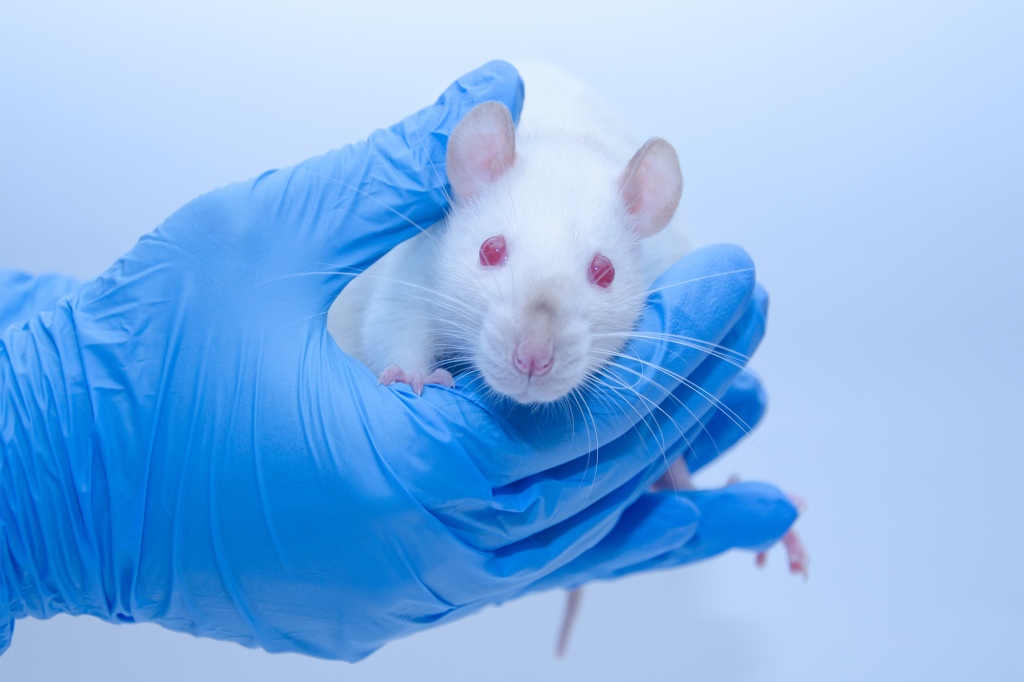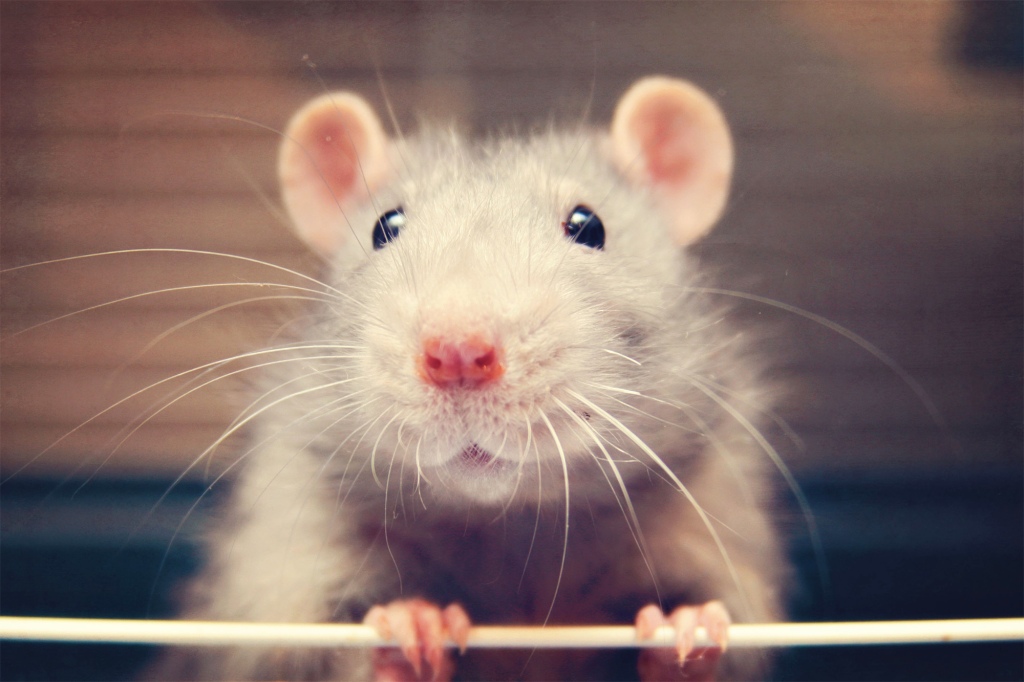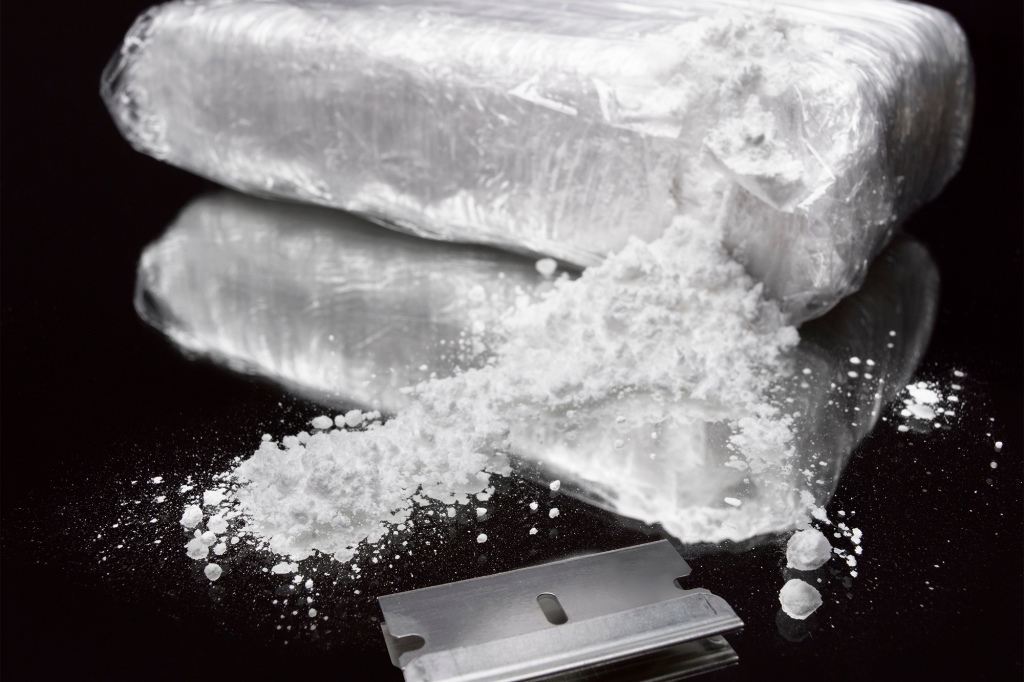USC halts electroshock experiments on cocaine-addicted rats
The University of South Carolina has halted its psychology department’s electrical shock experiments on cocaine-addicted rats after receiving an anonymous complaint.
According to the university, it opened an investigation in November after fielding the complaint concerning a research project that included shocking rats that had been given cocaine, Fox Carolina reported.
The experiment, funded by a $248,216 grant from National Institute on Drug Abuse (NIDA), sought to understand why addicts continue to abuse drugs despite negative consequences.
During USC’s investigation, experts determined that the experiment exceeded some parameters approved by the university’s Institutional Animal Care and Use Committee (IACUC), though “the experimental procedures in question were within generally accepted research practices,” officials said.
According to a letter from USC’s director of research compliance to the federal Office of Laboratory Animal Welfare, the electroshocks were administered for longer than approved.
“Modifications to the research protocol were mandated and additional oversight will be required if and when the faculty member wishes to resume the project,” said Jeff Stensland, USC’s Assistant Vice President of Institutional Relations and Public Affairs.
A spokesperson for NIDA told Fox Carolina that the project remains in good standing.
USC stood by its research, claiming that it is “committed to upholding the highest standards in the ethical treatment and responsible use of animals.” All research involving animals, the school said, is “highly regulated and subject to rigorous approval and oversight procedures.”

The university added that it has been accredited for 39 years by the Association for Assessment and Accreditation of Laboratory Animal Care International, and is in “excellent standing” with the US Department of Agriculture and the National Institutes of Health.
Activists have condemned the project as “barbaric.”
Stop Animal Exploitation Now (SAEN) sent a letter to USC President Michael Amiridis on May 10, calling for the professor leading the research team to be banned from experiments involving animals.
“This is the kind of thing that gives people like me nightmares,” SAEN Executive Director Michael Budkie told the outlet.

The University has yet to decide if it will resume the project.
The cocaine experiment is one of three in the last six months involving USC animal research gone awry, according to records reviewed by Fox Carolina.
Another report sent by USC to the Office of Laboratory Animal Welfare said that two rats were experiencing breathing issues after receiving an oral gavage in February.
The Department of Laboratory Animal Resources (DLAR) instructed the investigator on the project to euthanize both of them. One died before it was euthanized and the other was euthanized the following day, according to the report.
When DLAR visited the lab, the report claims officials observed the procedure repeated proficiently but found the cleanliness of the metabolic caging in the lab to be unacceptable. The lab was unable to provide sanitation records, the report said.

In November, six mice on a breeding-only protocol were — without authorization — injected with nanoparticles as part of a project funded by the National Institutes of Health, records show.
The mice had to have their tails amputated after they suffered unexpected necrosis, which may have been caused by the injections.
Read the full article Here


